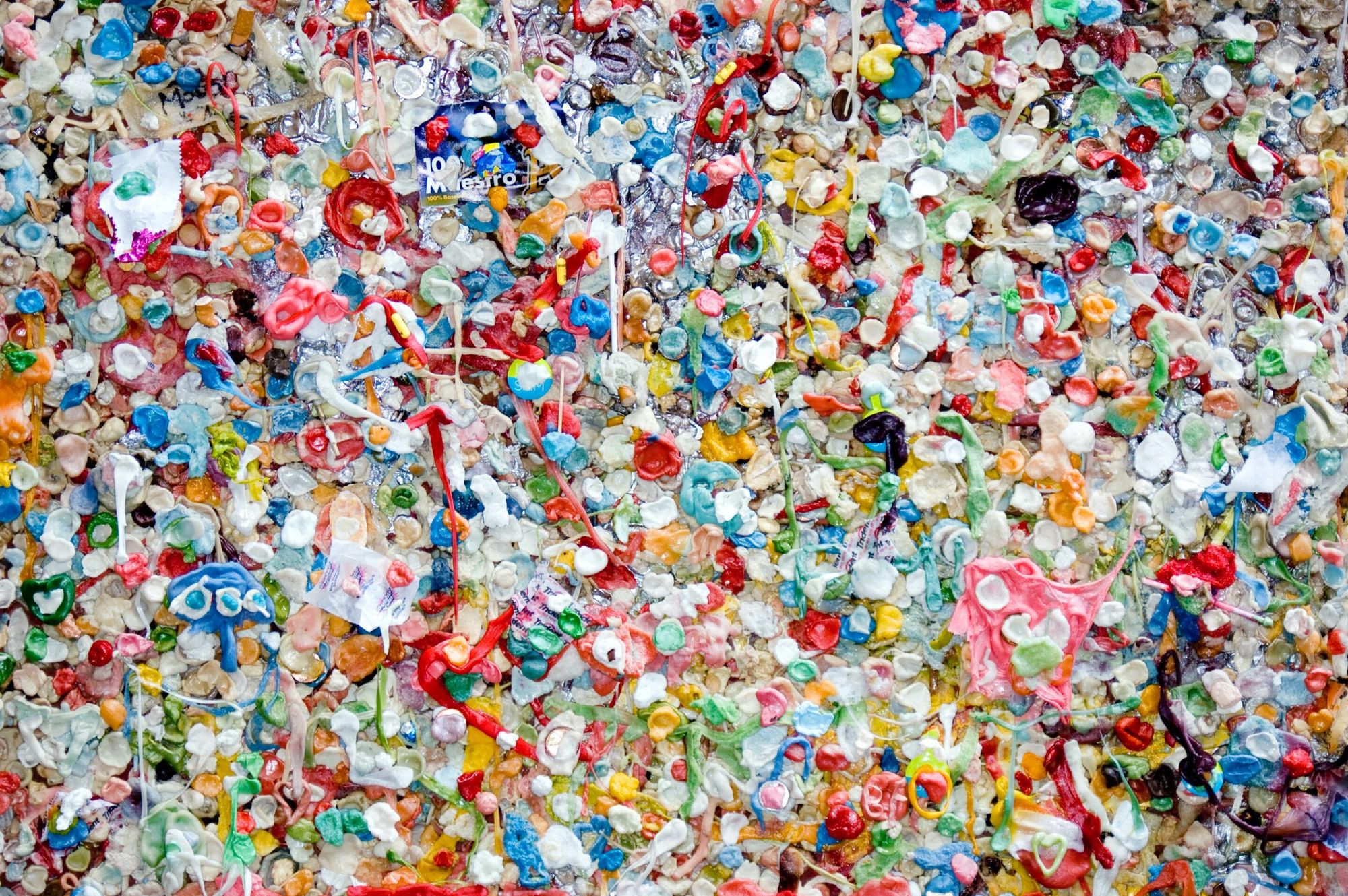Global Leaders Face Off in Busan, South Korea, Over UN Plastic Pollution Treaty

Busan, South Korea - In a tense and critical round of negotiations, delegates from 175 countries gathered on Monday to push for a groundbreaking deal on regulating plastic pollution at all stages of its life cycle.
The five-day talks come after four rounds of discussion aimed at forging an ambitious treaty that would curb the overwhelming surge in microplastics polluting oceans, food supplies, and human bodies. The stakes are high as millions worldwide suffer from devastating impacts of plastic waste, threatening biodiversity, public health, and delicate ecosystems.
The most contentious issues center on reducing plastic production or focusing improvement on recycling practices. The United States, one of the world's top producers of plastic waste, has cast doubt over its commitment to a deal, raising concerns that the fragile talks will yield meager results.
At a time when climate change looms large in global discourse, tackling marine-life pollution may prove crucial for preserving aquatic worlds and human health. Marine animals ingest up to 150,000 microplastics per year according to environmentalist projections. That amounts to $13 billion annually lost due economic damage of plastic pollution alone.
International pressures are calling for the need to address this problem, with U.N. Secretary-General António Guterres urging participants in a "desperate" appeal:
"We are witnessing unprecedented levels of marine life dying from eating and interacting with plastic litter. Our world is drowning in plastic pollution," as some countries may stall on setting production caps and instead opt for easier alternatives.
The global environmental response seems strained – however, hope endures among scientists, who say that it might not be too late to act; reducing emissions by focusing more resources towards reducing our waste has the potential to curtail damage done so far.
"We have four potential solutions," said Dr. Katherine Beyer, lead scientist and research team leader from Penn State in an interview with Phys news. In order of effectiveness ranked:
- An implementation cap on plastic production
- A minimum recycled content for new plastics
- Plastic waste taxes
- Investing more into proper waste disposal systems
In its last update the UN put out a statement stating: "it may be more realistic to pursue stepwise measures."
Yet, environmental groups fear such incremental approaches will be insufficient and even divert attention away from fundamental systemic issues.
The United States has shown mixed signals on support for global regulations. It is currently an ally of fossil fuel interests which produce the base materials needed in plastic production; however, that stance raised hopes earlier when support was given.
The U.N meeting is seen as a turning point, and whether global commitments can still be secured before November's looming deadline will determine how effectively international cooperation addresses what many fear may be one of humanity's largest environmental disasters in recent decades
